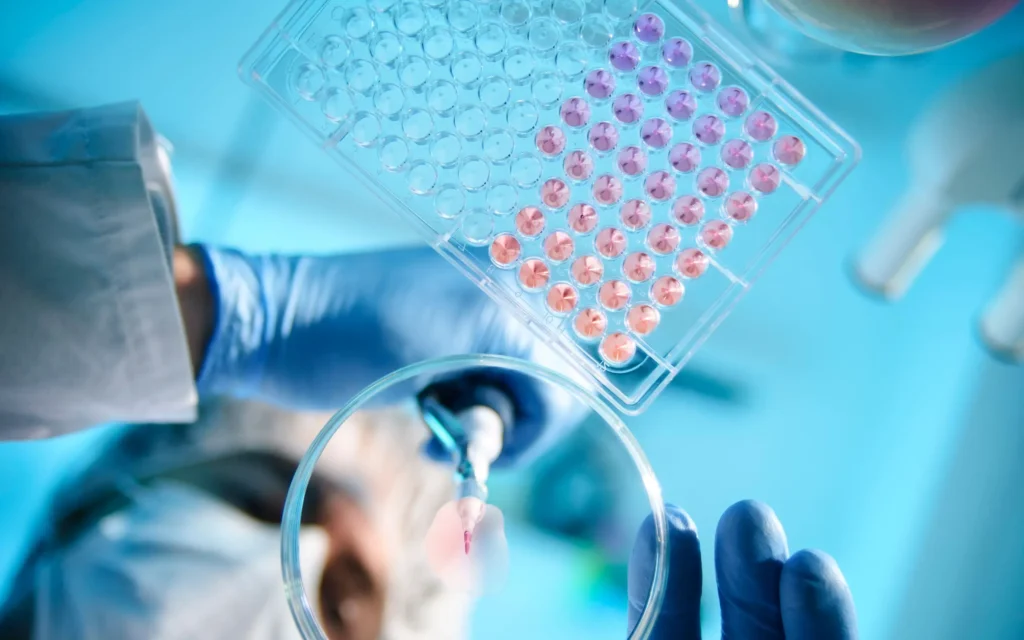Life sciences
- Biomedical Research: Investigating diseases, treatments, and human biology to advance medical knowledge.
- Drug Development: Creating medications through rigorous testing and validation processes.
- Genetic Studies: Analyzing DNA to understand hereditary factors and develop personalized treatments.

Biotechnology:
Genomics and Personalized Medicine: Sequencing technologies like CRISPR-Cas9 enable precise gene editing and personalized treatments tailored to an individual’s genetic makeup.
Biopharmaceuticals: Advances in recombinant DNA technology and bioengineering have led to the development of biologic drugs, such as monoclonal antibodies and vaccines.
Synthetic Biology: Engineering biological systems for applications like biofuels, biomaterials, and the production of pharmaceuticals using engineered microorganisms.
Healthcare:
Drug Discovery and Development: Utilizing computational models, AI, and big data analytics to expedite drug discovery processes, identify potential drug candidates, and predict their efficacy.
Precision Medicine: Tailoring treatments based on a patient’s genetic, environmental, and lifestyle factors for more effective and personalized healthcare.
Medical Imaging and Diagnostics: Advancements in imaging technologies (MRI, CT scans) and AI-based analysis aid in early disease detection and precise diagnostics.
Telemedicine and Remote Monitoring: Leveraging technology for remote patient monitoring, teleconsultations, and wearable devices for real-time health tracking.
Research and Development:
Omics Technologies: Integrating genomics, proteomics, metabolomics, and other omics data to understand complex biological systems and diseases.
Biomedical Research: Using big data analytics to analyze vast amounts of biological data, leading to insights in areas like disease mechanisms, drug interactions, and treatment responses.
Disease Management:
Cancer Research: Applying precision oncology and immunotherapy techniques for more targeted and effective cancer treatments.
Neuroscience and Mental Health: Utilizing advanced imaging and data analysis to understand brain function, mental health disorders, and develop innovative treatments.
Regulatory and Ethical Considerations:
Bioethics and Regulation: Addressing ethical challenges and regulations surrounding gene editing, bioengineering, and the use of biotechnological advancements.
Data Privacy and Security: Ensuring the protection of sensitive health data while leveraging the benefits of big data and analytics in healthcare.
